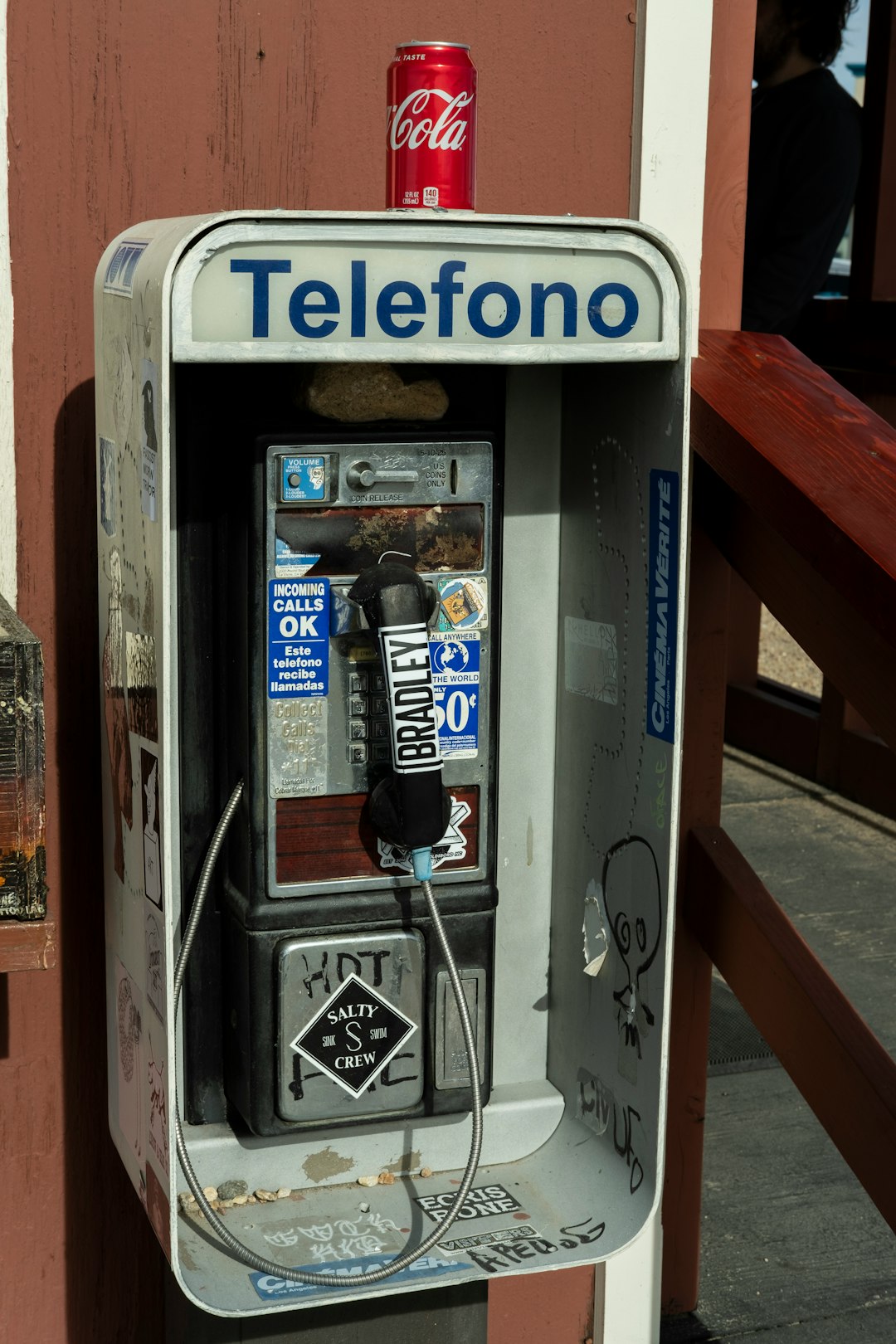Phone scams targeting Coloradans have become increasingly sophisticated, with scammers impersonating attorneys or legal firms. They may threaten legal action or claim you've won a lawsuit, demanding immediate payment or personal information. Out-of-state or international spam calls are also on the rise, often pretending to be from legitimate organizations and requesting urgent action or unusual payment methods. To combat these scams:
– Verify caller identity independently if their claims seem suspicious.
– Hang up immediately if demanded to act urgently or share sensitive info.
– Avoid making payments or sharing personal data.
– Report spam calls to the Federal Trade Commission (FTC) and local authorities in Colorado.
– Legitimate organizations won't demand confidential details unexpectedly over the phone.
– Protect yourself by using blocking apps, registering for Do Not Call lists, and verifying suspicious callers as a spam call attorney Colorado.
In today’s digital age, phone scams are becoming increasingly prevalent. The Berthoud Police Department offers valuable insights and tips to help residents avoid falling victim to these cunning schemes. This article delves into understanding common scam tactics, identifying red flags in spam calls, and provides actionable steps to protect yourself. Learn from the experts and stay safe with these essential guidelines, especially when dealing with potential spam call attorneys in Colorado.
Understanding Common Phone Scam Tactics

Phone scams are a prevalent issue, with scammers using sophisticated tactics to target unsuspecting individuals. In Colorado, spam calls from attorneys or legal firms have become a common nuisance. Scammers often pose as legitimate lawyers, claiming to represent a client or a law firm and demanding immediate action. They may threaten legal consequences or claim that you’ve won a lawsuit, asking for personal information or payment up front.
Another typical scam involves pre-recorded messages or automated calls, which can appear to come from various sources, including government agencies or well-known companies. These messages often urge you to call back a number to avoid missing out on an opportunity or facing legal issues. It’s crucial to remember that reputable organizations will not contact you through these means, and you should never provide sensitive information over the phone unless you’ve initiated the conversation and verified the caller’s identity.
Identifying Spam Calls: Red Flags to Look Out For

Many spam calls, often from out-of-state or even international numbers, target folks in Berthoud and across Colorado. These calls can appear on your phone as “Unknown” or with a fake name, and they’re designed to trick you into providing personal information or sending money. Red flags include: sudden requests for urgent action; demands for payment in gift cards, cryptocurrency, or wire transfers; threats of legal action or arrest; and pressure to act immediately without time to think or consult someone else.
Don’t feel pressured by these calls. Legitimate organizations, including your attorney, will not contact you via phone to demand immediate payments or sensitive information. If you receive a suspicious call, hang up immediately and report it to the Federal Trade Commission (FTC) using their Do Not Call registry.
What to Do When You Receive a Suspicious Call

If you receive a suspicious call, it’s crucial to remain calm and not react immediately. First, assess the caller’s information carefully; if they claim to be from a legitimate organization, verify their details independently. Contacting the official number of that institution can help confirm their identity. Hang up if the call seems dubious or if they demand immediate action or sensitive information.
Don’t engage with the caller, especially if they pressure you to provide personal data, make payments, or install software. Instead, report the spam call to local authorities and/or consumer protection agencies in Colorado. Remember, reputable organizations will never ask for confidential details over the phone without prior notice. Protecting yourself from such calls is essential; being vigilant can help keep your personal and financial information secure.
Protecting Yourself: Tips from Berthoud Police Department

At the Berthoud Police Department, they emphasize that staying informed and proactive is key to protecting yourself from phone scams. One of the most effective ways to prevent becoming a victim is by being cautious with personal information. Never share sensitive details like social security numbers, bank account passwords, or credit card information over the phone unless you initiated the call and are certain of the recipient’s identity. Be wary of unexpected calls, especially those claiming to be from your bank or a government agency.
Additionally, the police advise installing apps that can block spam calls and registering for the National Do Not Call Registry. If you receive a suspicious call, don’t be afraid to hang up and verify the caller independently. For instance, if an attorney in Colorado contacts you out of the blue, do your own research instead of providing any details. Remember, legitimate businesses and organizations will not pressure you into immediate actions or threaten consequences.






